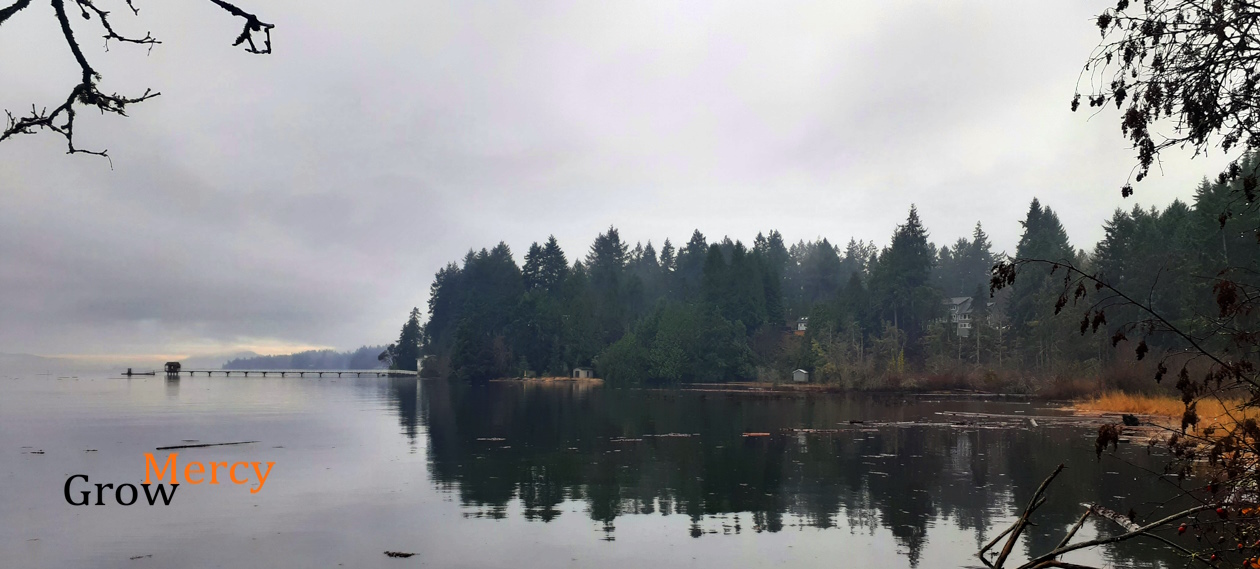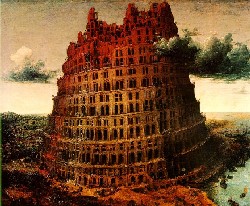If only Pentecost hadn’t been so fleeting, and so quickly misunderstood and misused….can you imagine? Is it too late to re-understand it, and get it right, re-understand all of what happened in that part of the world back then, and experience it as a positive rather than negative force in the world? (A comment on yesterday’s post)
Never too late…we have recent examples and living examples of Pentecost–people. Every generation is responsible to remember, relearn and rehearse the spirit of Pentecost.
 Even Peter had to relearn the meaning of his own blazing experience. He was given a dream.The contents of heaven were lowered to earth in a sheet and inside he saw all the different species of animals mingled together-in his world the unclean with the clean. It was a reoccurring dream that finally ended with Peter’s face to face receiving of someone culturally, historically, and religiously outside of his circle.
Even Peter had to relearn the meaning of his own blazing experience. He was given a dream.The contents of heaven were lowered to earth in a sheet and inside he saw all the different species of animals mingled together-in his world the unclean with the clean. It was a reoccurring dream that finally ended with Peter’s face to face receiving of someone culturally, historically, and religiously outside of his circle.
Of this Peter explains, "You yourselves know that it is unlawful for a Jew to associate with or to visit a Gentile; but God has shown me that I should not call anyone profane or unclean."
This was Peter’s time to stand beside his new friend, elated, barely comprehending the revolutionary beauty and possibility of his inclusive act.
Pentecost envisions universal restoration. Pentecost is the dream of togetherness, the dream of the sacredness of all things.
But your right, it is still largely a dream in-waiting. We’ve read the stories but we really haven’t been possessed by them. We still prefer the neat divisions of us and them because it’s easier to be over and above than to love. Easier to manufacture division than to merge with differences and work creatively within them.
It is achingly hard to find our meaning beyond divisions because from childhood we have been candle-dipped in ways of pegging others and identifying with any inside group. Some of us even call this a gift of discernment. Thinking it a skill valuable for staying on the righteous side of some line.
The manufacturing of division pretends to give us meaning. But the story of Pentecost gives us our meaning in love, in inclusion, in beauty, in seeing the earth, our world, as sacred, as one.
Technorati Tags: Pentecost, Apostle Peter, Christianity, Peace





